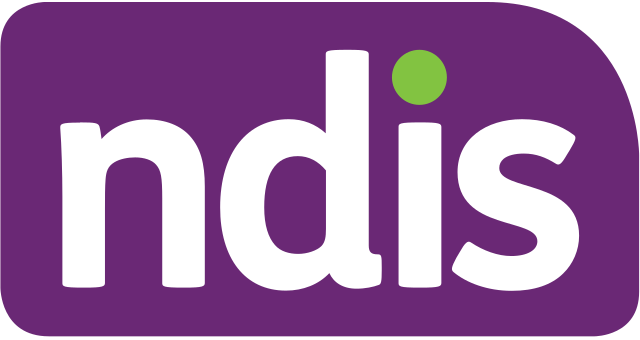If you’re living with a mental health condition that affects your ability to carry out everyday tasks, you could be eligible for support from the NDIS. Read on to find out what the NDIS is, whether you’re eligible and how to access support and services in your local area.
What is the NDIS?
The NDIS (National Disability Insurance Scheme) is a government-funded scheme which provides support and services to people living with a lifelong disability.
Through registered NDIS service providers, NDIS participants can access a range of government and community-based services which are appropriate for their situation.
Who is eligible?
The NDIS supports people who are living with a significant disability that is likely to be permanent.
The National Disability Insurance Agency (NDIA) defines a significant disability as one that affects your ability to carry out everyday tasks at home, in the community or in your workplace.
This could include difficulty with mobility, communication, learning, self care or social interactions.
To be eligible you must also fit the following criteria:
- Aged between 7 and 65 years old (children under 7 years with a disability or learning delay may be eligible for early intervention program with the NDIS)
- Live in Australia
- Australian citizen or a holder of a Permanent Visa or a Protection Special Category Visa.
Are mental health conditions supported by the NDIS?
If you live with a mental health condition that is likely to be lifelong and impacts your ability to carry out everyday tasks, you might be eligible for the NDIS.
The NDIA uses the term “psychosocial disability” to describe a disability arising from a mental health condition. Psychosocial isn’t a label to place on someone, but a way to describe the barriers they might face at home and in the community.
For example, living with a psychosocial disability may affect a person’s ability to concentrate, manage stress, interact with others or be in particular environments.
Do you have to provide a mental health diagnosis when you apply for the NDIS?
If you have a mental health diagnosis, it may help to provide it in your application, but it’s not essential.
Your application will be assessed based on how your mental health condition impacts your life, rather than on your diagnosis.
Part of your application will need to be completed by a health professional such as a psychiatrist. You may also need to provide supporting documents, such as recent assessments and other reports from health professionals.
What services does the NDIS provide for people with mental health conditions?
NDIS participants are able to choose supports and services based on their individual goals.
This may include things like:
- Supports to assist with daily life like participating in the community or finding and keeping a job.
- Supports for an investment such as assistive technologies or house and vehicle modifications.
- Supports to help you build your independence and skills.
The NDIS will not fund a support that is not related to your disability or that can be accessed through other systems such as the health or education departments. For example, the supports you can access through the NDIS do not replace mental health services.
How to access the NDIS
If you think you might be eligible for the NDIS, you can complete an access request form or call the NDIA and ask to make a verbal access request.
What you need to know about making an access request:
- The first section should be completed by the applicant or a parent, legal guardian or representative on their behalf.
- The first section asks for personal information about the applicant and their disability. You will need to explain in concrete terms how your disability affects your everyday life.
- The second section should be filled out by a treating health professional, such as a GP, psychologist or psychiatrist.
- You may need to provide supporting documents, including letters and assessments from health professionals. You can also provide statements from family and friends.
What happens if your access request is accepted?
If your access request is accepted, the NDIA will be in touch to arrange a meeting and discuss your NDIS plan.
An NDIS plan outlines your goals and the specific support and funding you will need to work towards those goals.
A funding amount will be attached to your plan, depending on what your goals are and what support you require. You can choose who will support you and which service providers to spend your allocated budget on.
Your needs and goals may change as time goes on. The NDIA will review your plan with you periodically to ensure you’re getting the best support for your current needs.
What happens if you’re not eligible?
If you’re not eligible for the NDIS, you can still use Local Area Coordinator services.
Local Area Coordinators can connect you with other mainstream and community based services that can support you whether that’s organisations specialising in jobs for people with disability, local mental health services or community-based support groups in your area.
For example, if you need help finding a job with depression, you may be eligible for support from Disability Employment Services.
Living with a mental health condition can be challenging, especially when you don’t know where to find the right support. You don’t have to do it on your own.
Whether you think you’re eligible for the NDIS or not, reach out to a Local Area Coordinator to speak to someone about your goals and support needs.
